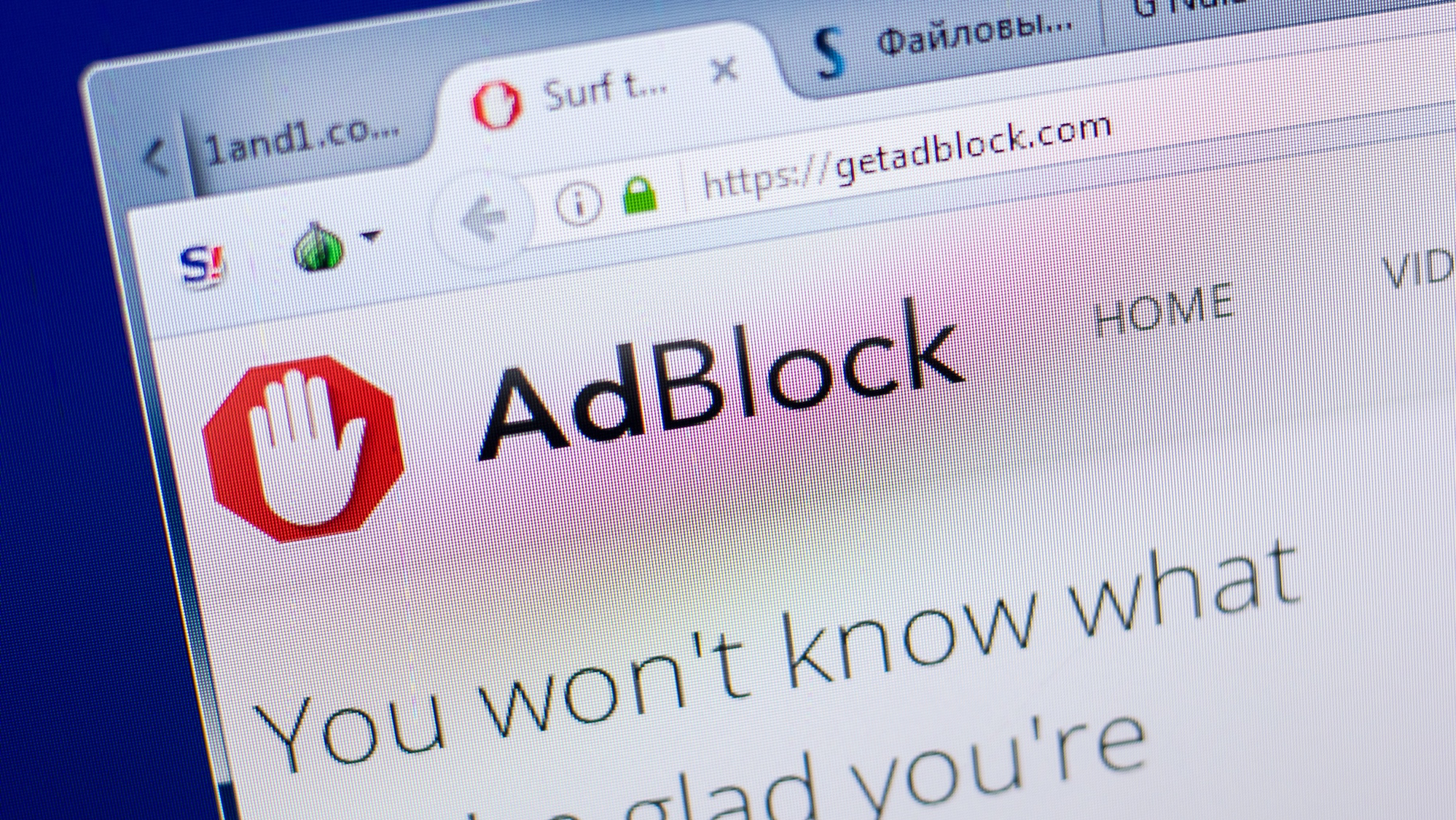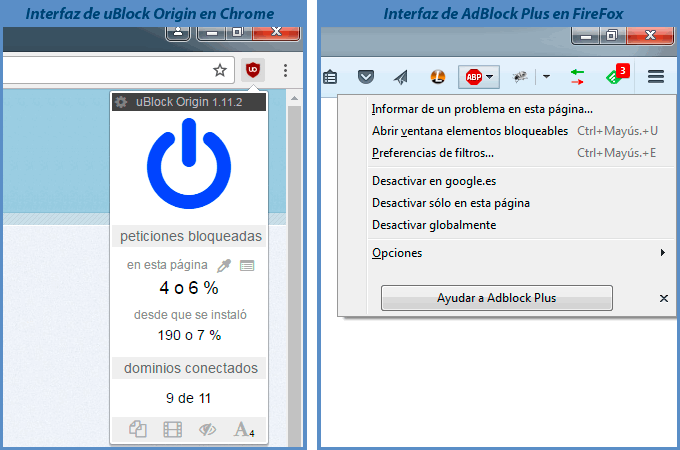

The program works by disposing of meddlesome popups and different kinds of promotions that show up when you utilize your program. This program exists as a Firefox Extra, and furthermore has another form that works with the Chrome program also.

The uplifting news about promotions on online media is that this program can help you stop it. Going to the online world, pretty much every site you visit is immersed with promotions, standard advertisements, text advertisements, video advertisements, and some more. At the point when you watch the television, you will have your number one projects stopped for business breaks. While you are driving out and about, you see the huge signs on the side of the road. UBlock Origin seems to be causing DNS leaks following changes in 1.25.UBlock Origin for Firefox Promotions are all over. Hopefully, a fix will be available in uBlock Origin so that it won’t require any user interaction. Find the parameter called cnameUncloak, set it to false and apply the settings to take effect.Īfter you applied the change, run the DNS leak tests again to confirm that it is working as intended. Open uBlock Origin’s settings, enable the option “ I am an advanced user” then click on the wheels icon to open its advanced settings. Also, if you use a proxy/VPN addon to unblock streaming sites, such DNS leaks would most likely interfere with the proxy unblocking capabilities. A browser leaking DNS requests would send them outside of proxy tunnel, exposing the sites you visit to your ISP. Ideally, both browsing and DNS traffic should go through the proxy. Using a proxy/VPN in browser is a convenient way to hide your browsing IP and add an additional security layer even to HTTPS connections. If you see additional DNS servers from your ISP or your static DNS servers set on your machine along with the proxy/VPN DNS servers, then it is leaking. If you using proxy/VPNs in Firefox along with uBlock Origin, check for DNS leaks on any reputable leak test site:, ipx.ac,, /dns To solve it, cnameUncloak must be set to false. A quick search has revealed that the issue is caused by its Advanced setting cnameUncloak. Namely, it was uBlock Origin – one of the very best and must-have browser extensions. Checking carefully what the different Firefox browsers have in common and disabling all add-ons except for the proxy/VPN one, the DNS leak issue disappeared so it became obvious that some of the very few add-ons is to blame for that.


The problem was reproduced on a different computer so it became pretty obvious that it isn’t just some isolated issue. An expected outcome, since that setting disabled DNS resolution. Making various changes in about:config made no big difference, other than setting to true – which has solved the DNS leakage while the proxy/VPN addon was connected, but breaking Firefox’s internet connectivity as soon as disconnecting from proxy/VPN. At first, it looked like a Firefox bug introduced recently in version 83, but rolling back to older versions like 80, 81 hasn’t fixed it. While making some tests of Firefox proxy/VPN addons recently, it came as a surprise that all of them share a big problem: DNS leaks.


 0 kommentar(er)
0 kommentar(er)
